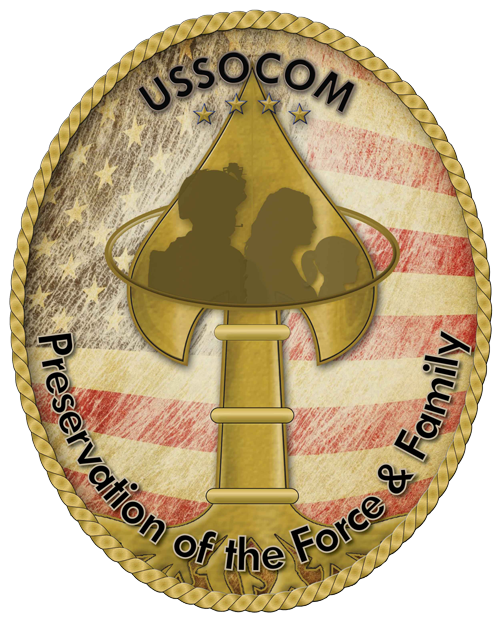Negativity bias
The human brain has a hardwired tendency, called “negativity bias,” which causes it to prioritize, seek out, and lock on to negative information in the world like a heat-seeking missile.
By:
Mind - Stress
-
11/15/2018
-
Page Image 1
-
Page Image 2
-
Slider Image
Page Content
This
ability makes you adept at identifying threats and challenges and helps keep you safe from harm,
but also comes at a cost. If you think about the negativity bias from an evolutionary perspective, it makes sense. Our
ancestors had to be sharply attuned to threats so they could survive in a dangerous world and live
long enough to pass on their genes.
This negativity bias makes you likely to process negative
events more fully than positive ones. It also helps you make a thorough assessment of what went
wrong and implement corrective action. As Operators and Enablers, the importance of staying
vigilant, keeping your head on a swivel, and growing from failure is deeply ingrained in you from your first day of training.
The negativity bias is adaptive and helpful in many ways, but there are some ways it can get in
the way. You might have noticed that negative emotions and events seem to hang around a lot
longer than positive ones. When you’ve come home at the end of the day, you probably replay
the one negative interaction you had that day over and over in your mind rather than focusing on
the many positive ones, if you even remember them at all.
You might find yourself being
hypercritical of your children, spouse, or peers, constantly picking apart their weaknesses and
flaws and ignoring their strengths. Perhaps you do that to yourself as well.
Even though you can take comfort knowing that this is just the way your brain works, it also
helps to recognize when the negativity bias is impacting your optimal performance, well-being,
and relationships.
So What Can You Do To Try To Maintain Balance?
Here are a few strategies to try:
Look For The Good. Throughout each day, intentionally try to notice the good around you. These good things can be things about yourself, those around you, or things that happened during the day. Write down the positive things you notice and reflect or share with other people. Make this a daily habit so you can train your brain to also notice the good alongside the bad.
Check Your Interpretations. There are plenty of negative things you want and need to see in the world, but sometimes we can turn good or innocuous things into bad through our interpretations. If you notice you tend to see the world through smoke-colored glasses, check yourself for accuracy.
Appreciate The Ordinary. The negativity bias makes bad things in life much stronger than good. The good things feel fleeting and can be hard to hold onto. Good things don’t have to be big things. When you learn to be grateful for and appreciate the little things, you can balance out the impact of your negativity bias.
Celebrate Successes. Whether you are an elite Operator or Enabler, a spouse, or a child, the negativity bias causes you to spend a lot of time focusing on areas of your life where you feel you have to improve. Failures, disappointments, and struggles are a great source of learning how to grow. However, keep in mind that there is also much to be learned from success. Give yourself permission to celebrate your wins, reflect on what went well, and remember how to sustain those victories.
Even though it’s in your nature to focus on the bad, you have the ability to make sure the
negativity bias doesn’t take over. The bad stuff will find you, but work each day at gaining a
balanced perspective by looking for the other side of the picture.
Negativity bias.aspx
Related Articles

